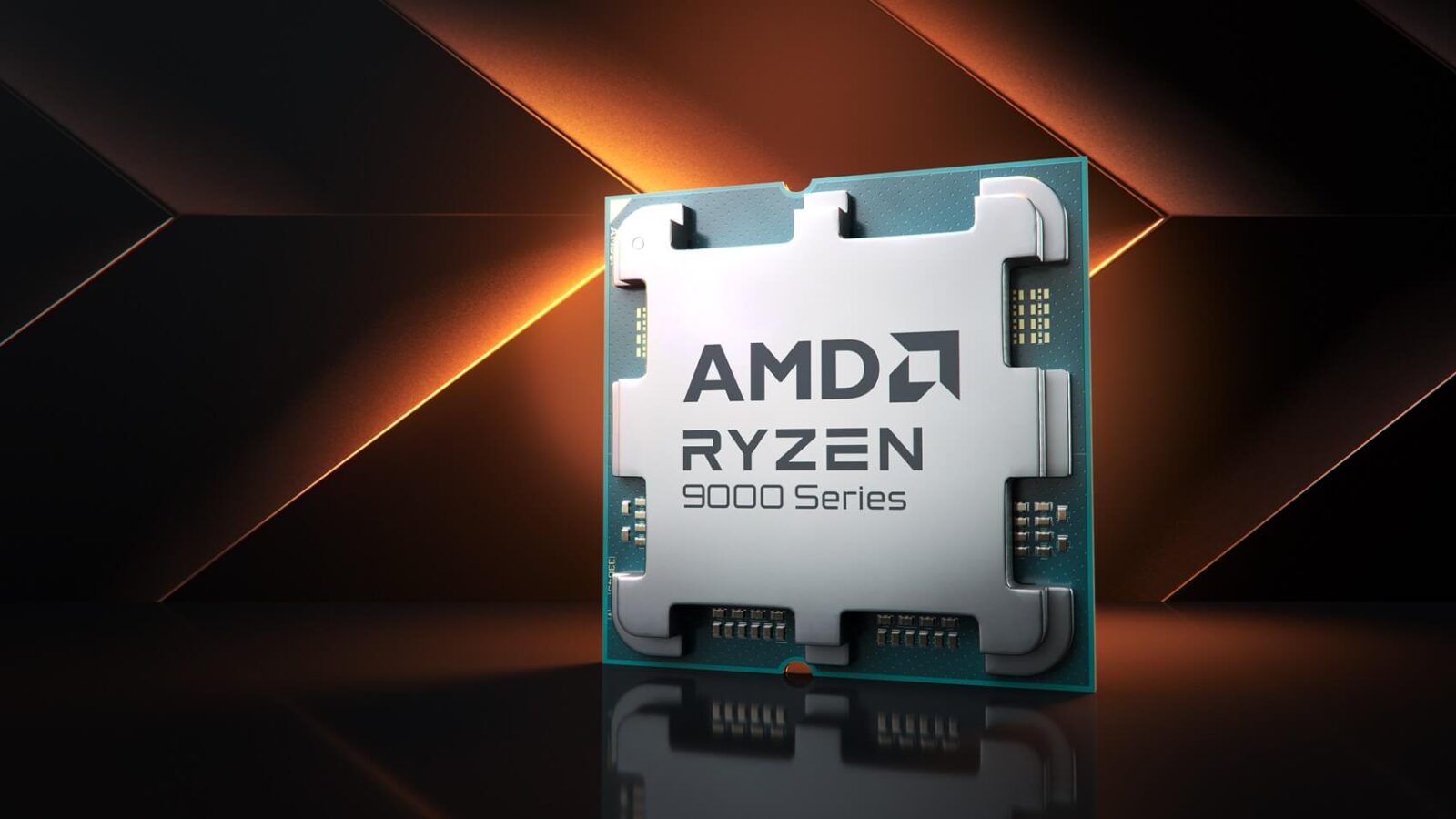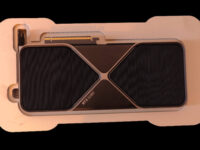
AMD’s Ryzen 7 9700X processor will hit retail shelves in 24-48 hours. Like its predecessor, it features 8 cores and 16 threads, backed by 32 MB of L3 cache. It has a peak single-core boost clock of 5.5 GHz, 100 MHz higher than the 7700X despite the lower TDP (65W vs. 105W). The CPU features the upgraded Zen 5 core architecture (here’s our deep dive) with twice the L1->L2 bandwidth, a dual-ported frontend, 512b floating point execution, and much more.

Please note that we tested the 9700X using the AGESA ComboPI 1.2.0.0 BIOS as the latest (1.2.0.0a Patch A) wasn’t available for our board during testing.
Test Bench
- Motherboard: MSI MPG B650I Edge WiFi.
- Cooler: Silverstone VIDA 240 SLIM.
- GPU: NVIDIA RTX 4090 FE.
- Memory: 16GB x2 @ 6000 MT/s CL30.
- Power Supply: Corsair RM1000e.
Gaming Benchmarks: AMD Ryzen 7 9700X vs Intel Core i7-14700K
We’ll only cover gaming performance in this one. There’ll be another post for content creation, encoding, and other productivity workloads soon. We tested six processors, including the Ryzen 7 9700X, 7700X, 7800X, and the Core i7-14700KF across 18 gaming benchmarks (including ray tracing) at 720p “Ultra” quality.









The Ryzen 7 9700X goes neck to neck against the Intel Core i7-14700K, winning in five and losing in four titles. The Zen 5 chip is 10-15% faster than its predecessor, the Ryzen 7 7700X despite the lower TDP (65W vs 105W). Meanwhile, the 7800X3D holds a considerable lead over the rest of the bunch in nearly half of the games.
Ray Tracing Benchmarks: AMD Ryzen 7 9700X vs Intel Core i7-14700K
Ray tracing increases the CPU and GPU workload, but the results remain mostly the same. The Ryzen 7 9700X and the Core i7-14700K are tied with four wins each. The former’s lead over the 7700X shrinks to single-digit percentages, while the 7800X3D holds an absolute monopoly in five of the eight ray tracing games.








We’ll add additional gaming and ray-tracing benchmarks (after a medium to long duration nap), including efficiency figures and the value-for-money aspect of the Ryzen 7 9700X compared to the Ryzen 7 7700X, 7800X3D, and the Core i7-14700K. From what we’ve seen till now, the Ryzen 7 9700X stands on roughly equal footing as the Core i7-14700K, drawing considerably less power (88W or about half as much). Furthermore, it has a similar launch price (MSRP: $359) as the 14700K, without the silicon degradation or RMA worries.





